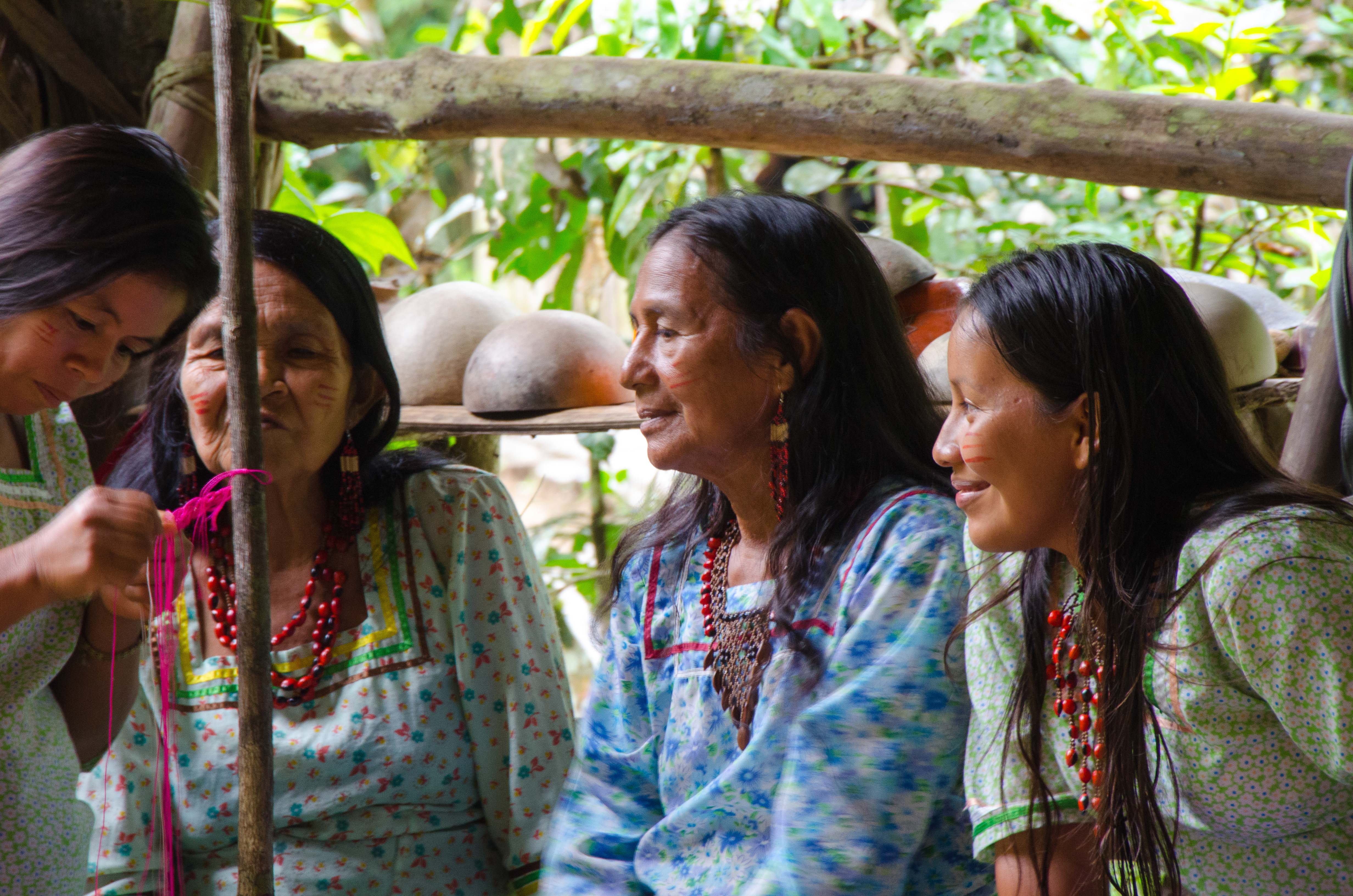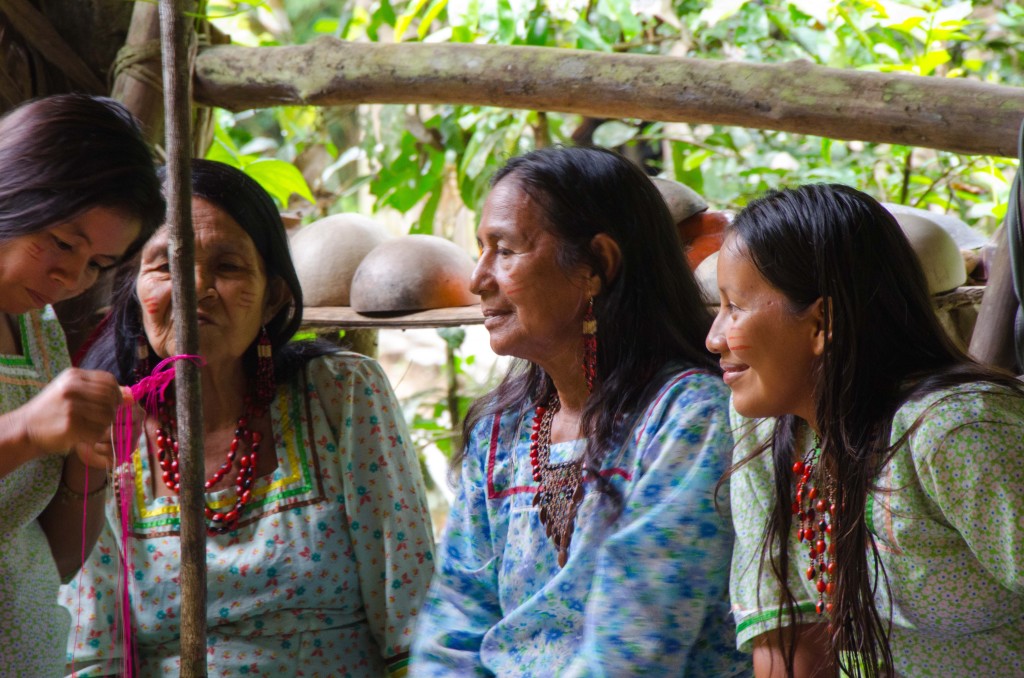Does Tribal Tourism Threaten A Way Of Life?
This question is something we’ve given a lot of thought to here at Blue World Journeys. While we offer culturally focused tours to many interesting areas, including indigenous tribal regions, we are very careful in selecting which regions and which tribes to visit so that our impact is nothing but positive to local indigenous communities.
Just about every adventure travel website on the internet these days seems to be offering some sort of tribal tourism, ranging from easy in and out day trips to full immersion remote tribal adventures. One company even boasts that they will seek out tribes that have limited or no contact with westerners to introduce their clients to. This may be a little difficult – there are only approximately 100 known tribal groups around the world that remain ‘uncontacted’. Nobody knows for sure.
What is known, however, is that when uncontacted tribes are contacted by the outside world, it rarely goes well for the tribes. A decade ago, very few outsiders went into the Omo River Valley of Ethiopia. Last year over 30,000 tourists visited the Omo River Valley in order to see the Mursi tribe and their semi nomadic, indigenous cousins before modern development overtakes them. The problem is that the hotels, restaurants, roads and other tourist infrastructure that is necessary to bring in the tourists accelerates the development the tourists are seeking to avoid.
“Indigenous societies and tourism rarely get along well, but when they do, it is the result of tribal leaders empowered to make decisions that are best for their own people,” says anthropologist Wade Davis, a National Geographic explorer-in-residence.
We are careful, therefore to work only with indigenous groups who use limit the number of tourists and the amount of tourism development. We only work with indigenous communities that use their tourism income to sustainably aid the development of their community with educational and medical development and encouraging the continuation of tribal traditions that have been passed down for generations.
Development is inevitable for indigenous people around the world, however with careful consideration and sustainable practices, negative impact on indigenous people can be limited.
What do you think?



It’s natural to be curious, but I think we have to respect the privacy of tribes. Imagine strangers poking around your house and asking questions about your life. I wouldn’t be receptive to that.